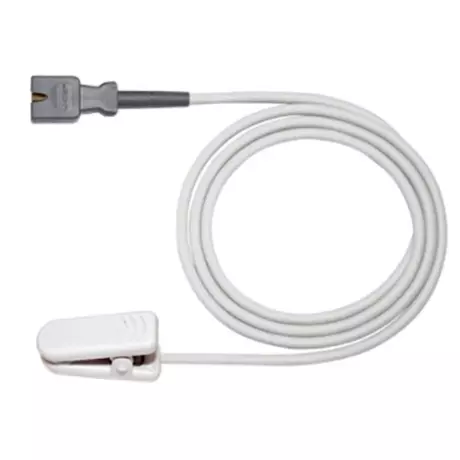
SpO2 sensor Masimo LNCS TC-I Reusable, ear clip sensor Length: 0.9 m, PU= 1 Originally 1895
Portal and digital medical technology fair of the largest MedTech cluster in Germany
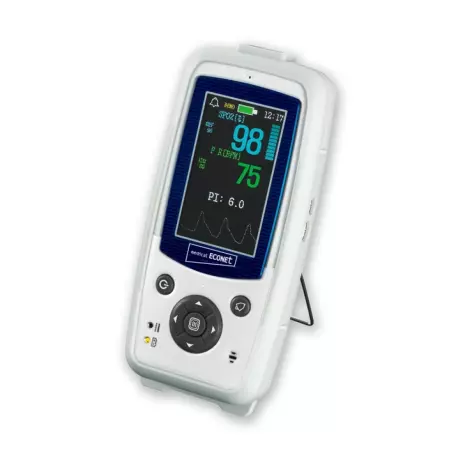
Pulse oximeter PalmCare Pro tripod mount
Pulse oximeter PalmCare Pro tripod mount
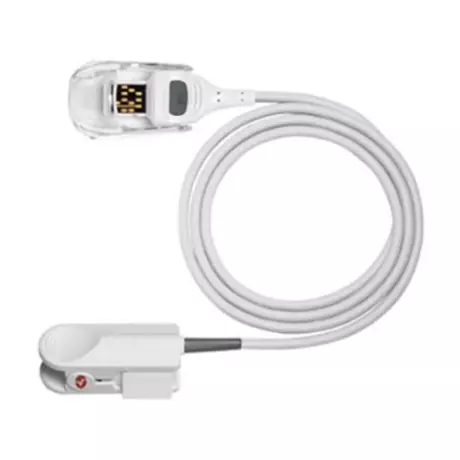
SpO2 sensor Masimo RD Set DCIP
SpO2 sensor Masimo RD Set DCIP Reusable, finger clip children PU= 1 Genuine 4051
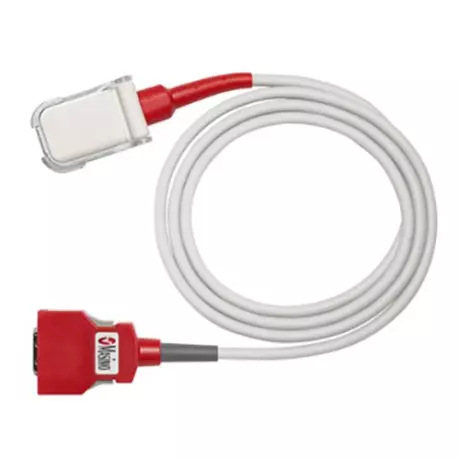
SpO2 adapter cable Masimo RED LNC-04
SpO2 adapter cable Masimo RED LNC-04 for LNCS RED series Length: 1.2 m, PU= 1 Genuine 2055
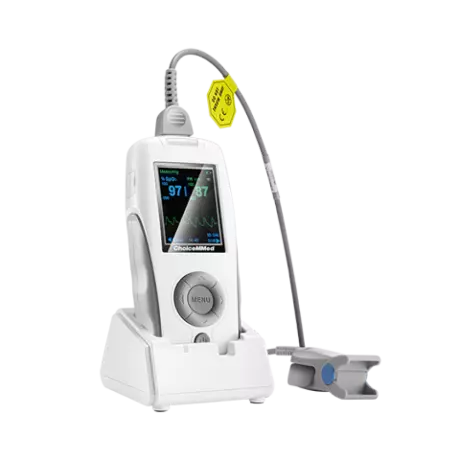
Handheld pulse oximeter MD300K2
Handheld pulse oximeter MD300K2 TFT display SpO2, PR, PI, pulse amplitude, pulse waveform b...
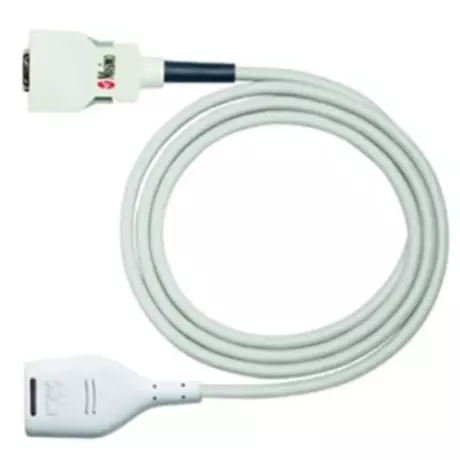
SpO2 adapter cable Masimo RD Set MD14-12
SpO2 adapter cable Masimo RD Set MD14-12 for RD SET series Length: 3.6 m, PU= 1 Genuine 4081
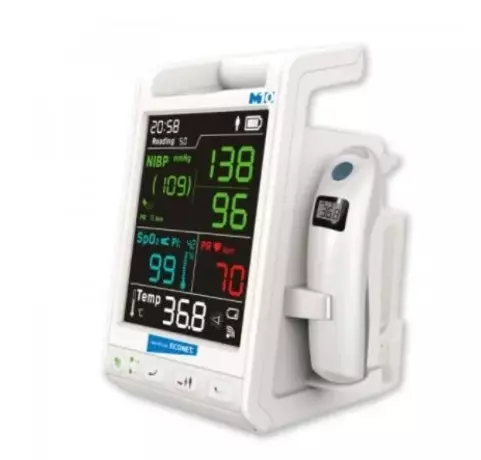
Patient Monitor Vital Signs Monitor M10
Patient Monitor Vital Signs Monitor M10 The compact vital signs monitor M10 was specially developed...
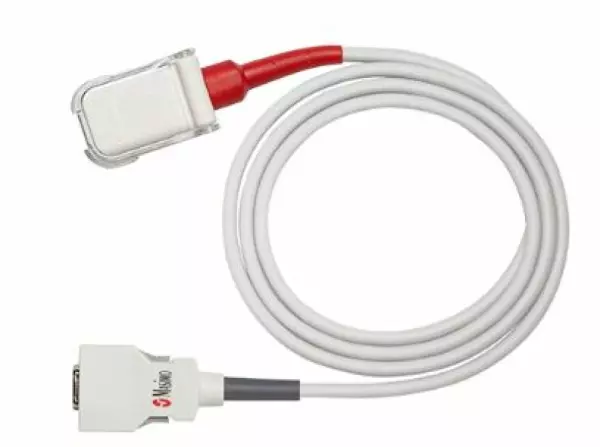
SpO2 adapter cable Masimo LNC-10
SpO2 adapter cable Masimo LNC-10 for LNCS series Length: 3.0 m, PU= 1 Originally 1814
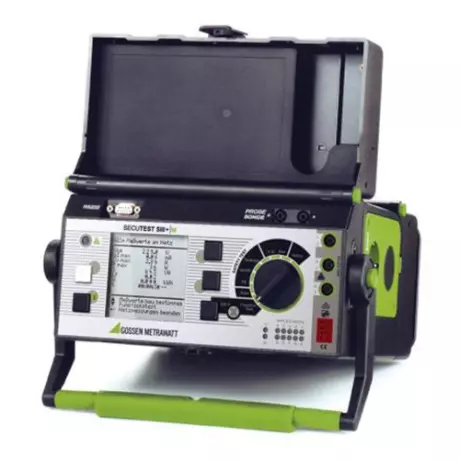
Safety checks and DGUV4 tests We test your devices according to DIN VDE 0751 / DIN EN 60601-1 / D...
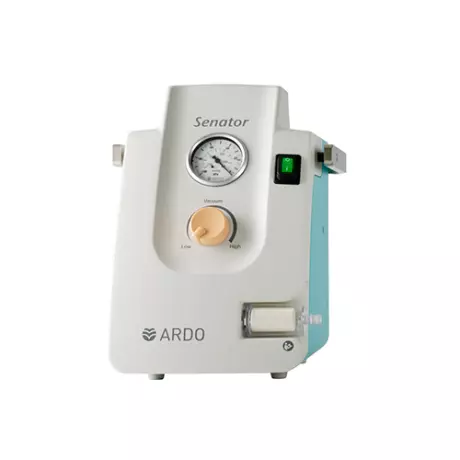
ARDO Senator suction pump The Ardo Senator is the right choice for all applications that require rel...
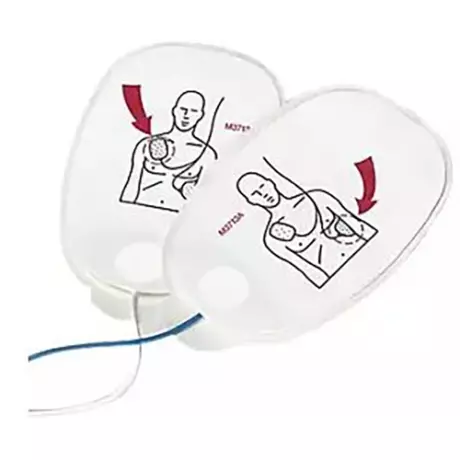
Defi electrodes - defibrillation electrodes...
Defi electrodes - defibrillation electrodes Original Philips M3713A for adults, suitable for: Hearts...

AEROway hose connection nozzle 3/8″
AEROway hose connection nozzle 3/8″ AEROway hose connector chromed with seal Inlet...
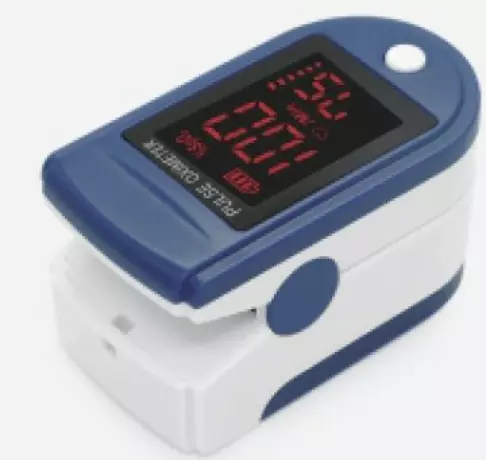
Fingertip Pulse Oximeter Jumper JPD-500
Fingertip Pulse Oximeter Jumper JPD-500 Display: HD LED display Accuracy: SpO2: 70%~100%, +/- 2%...
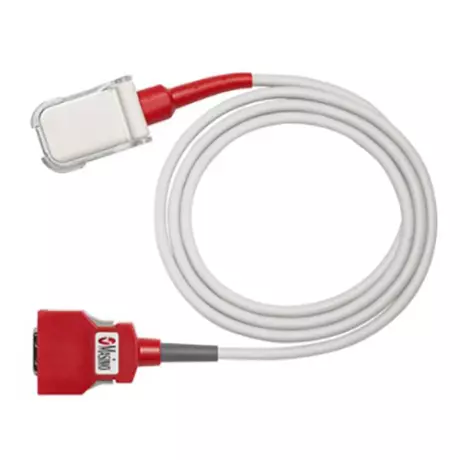
SpO2 adapter cable Masimo RED LNC-14
SpO2 adapter cable Masimo RED LNC-14 for LNCS RED series Length: 4.2 m, PU= 1 Genuine 2057
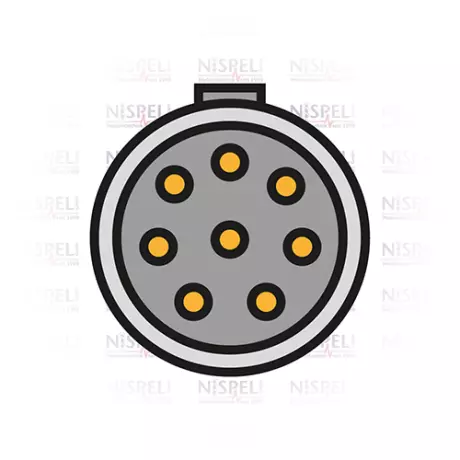
3 core complete cable to Philips/HP with...
3 core complete cable to Philips/HP with push button DIN Monitors: C3: 862474, 862475, 862478, 86247...

AEROway hose connection socket M12x1.25
AEROway hose connection socket M12x1.25 AEROway hose connector chromed with seal Input thread M12x1....
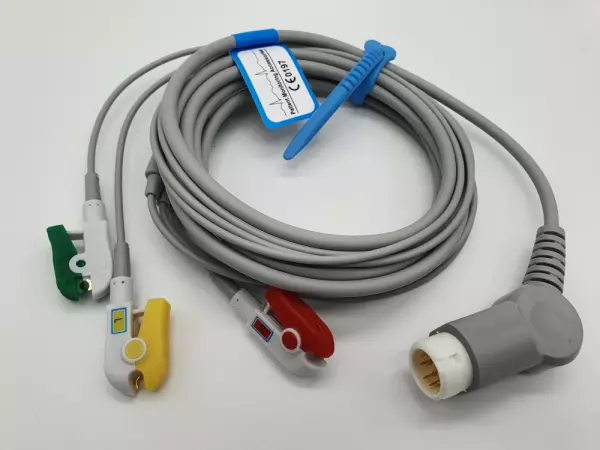
3-wire complete cable to Philips/HP with...
3-wire complete cable to Philips/HP with clamps Monitors: C3: 862474, 862475, 862478, 862479, Codema...
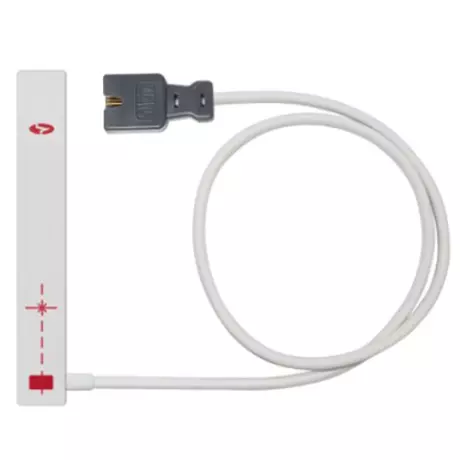
SpO2 sensors Masimo LNCS NeoPT
SpO2 sensors Masimo LNCS NeoPT Disposable, premature births Length: 0.45 m, 20 pieces, PU= 1 Genuine...
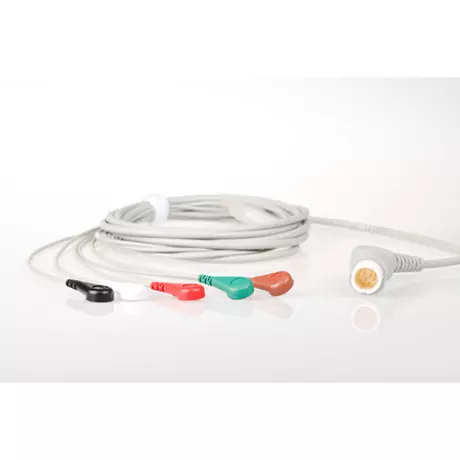
5-lead ECG complete cable to Philips/HP with...
5-lead ECG complete cable to Philips/HP with push button DIN Monitors: C3: 862474, 862475, 862478, 8...
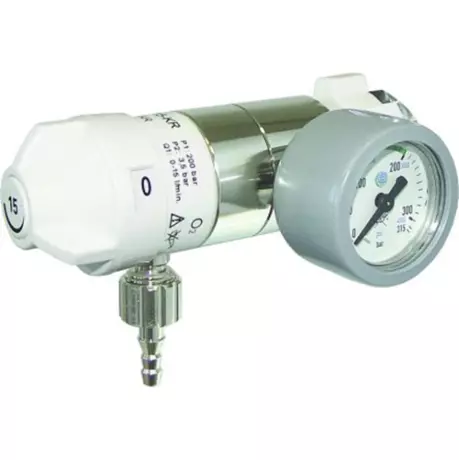
Gas supply - AEROway 0-30 L/min. pressure...
AEROway pressure reducer 0-30 L/min. for oxygen High-pressure manual connection G 3/4″...
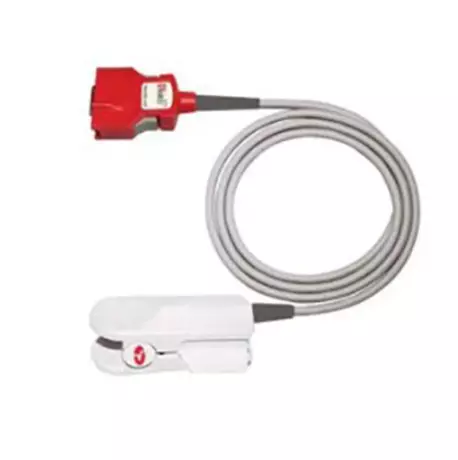
SpO2 sensor Masimo Red DCI-dc12
SpO2 sensor Masimo Red DCI-dc12 Reusable, finger clip adults Length: 3.6 m, PU= 1 Genuine 2054
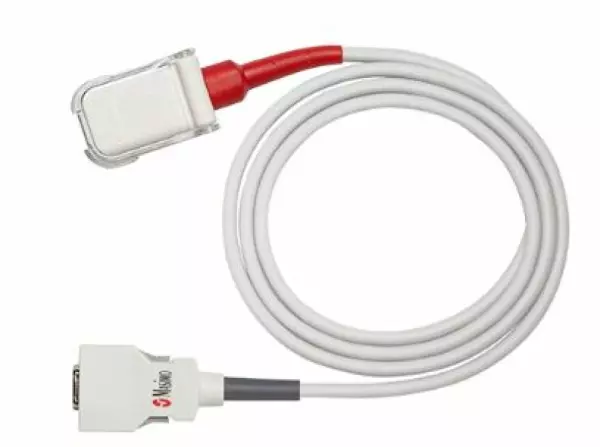
SpO2 adapter cable Masimo LNC-4
SpO2 adapter cable Masimo LNC-4 for LNCS series Length: 1.2 m, PU= 1 Original 2017
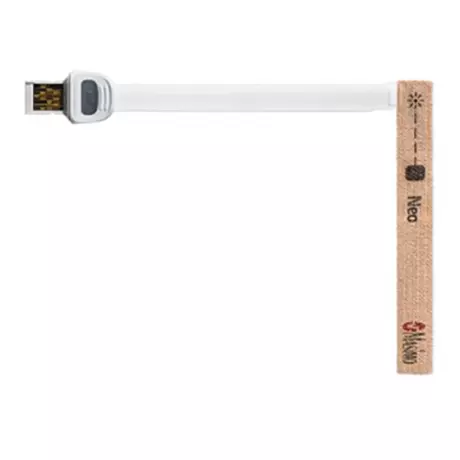
SpO2 sensors Masimo RD Set NEO
SpO2 sensors Masimo RD Set NEO Disposable, premature babies 20 pieces, PU= 1 Genuine 4003
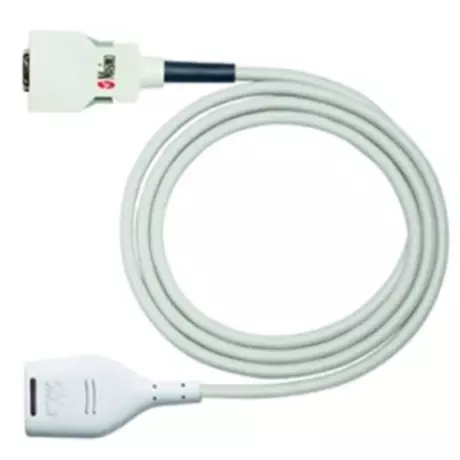
SpO2 adapter cable Masimo RD Set MD14-05
SpO2 adapter cable Masimo RD Set MD14-05 for RD SET series Length: 1.5 m, PU= 1 Genuine 408...
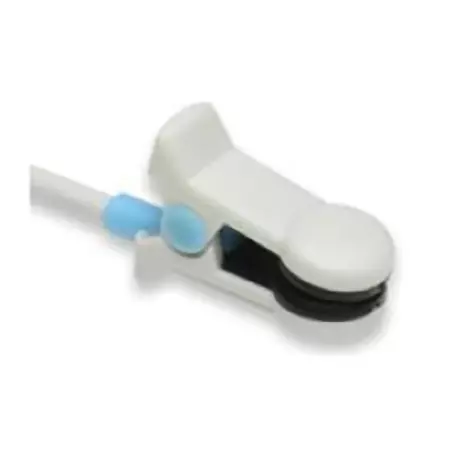
SpO2 ear sensor for Philips/HP
SpO2 ear sensor for Philips/HP D-shaped 8pin, length: 300cm Monitors: C1, C3 Virdia M3, M4 MP20, MP3...
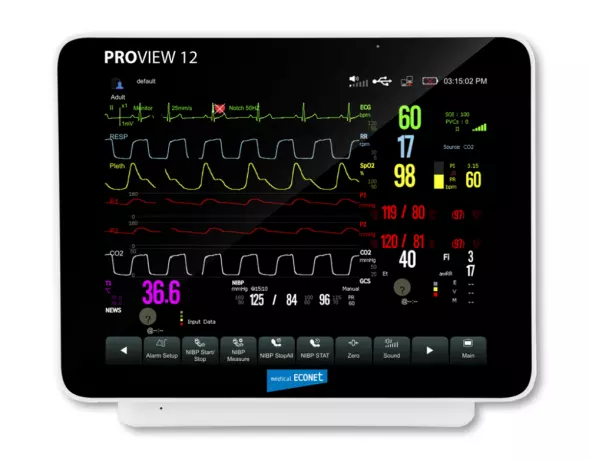
ProView Series ProView 12 patient monitor
ProView Series ProView 12 patient monitor monitor specifications Display: 12.1&Prime...
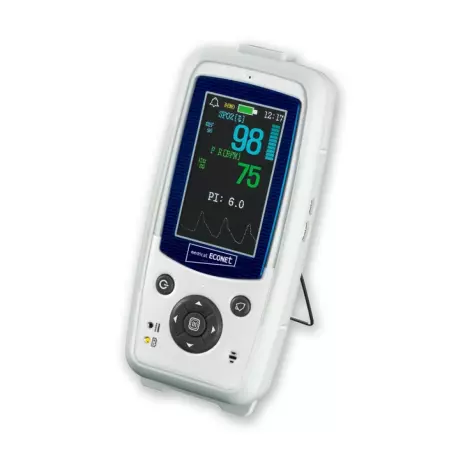
Pulse oximeter Palmcare Pro (Li-io) battery...
Pulse oximeter Palmcare Pro (Li-io) battery 3.7V

SpO2 sensors Masimo RD Set NEOPT
SpO2 sensors Masimo RD Set NEOPT Disposable, premature babies 20 pieces, PU= 1 Genuine 4004
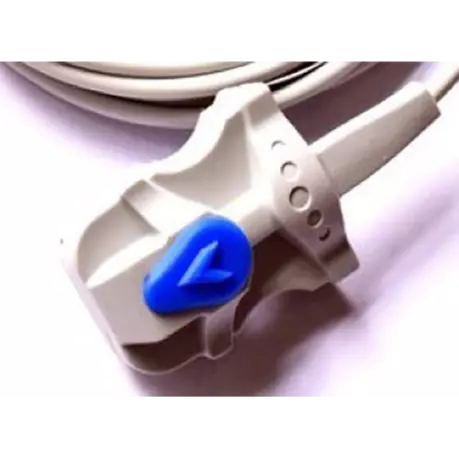
SpO2 silicone finger sensor for HP/Philips
SpO2 silicone finger sensor for HP/Philips D-shaped 8pin, length: 300cm Monitors: C1, C3 Virdia M3,...
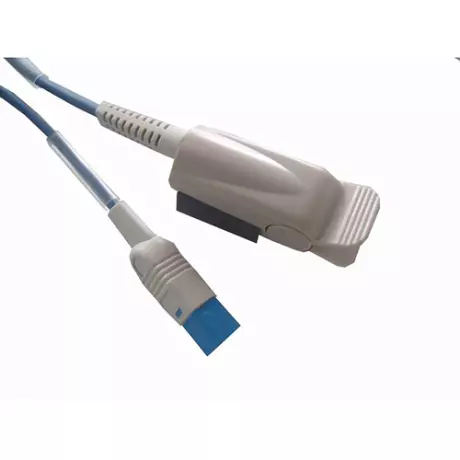
SpO2 finger sensor for Philips/HP
SpO2 finger sensor for Philips/HP D-shaped 8pin, length: 300cm Monitors: C1, C3 Virdia M3, M4 MP20,...
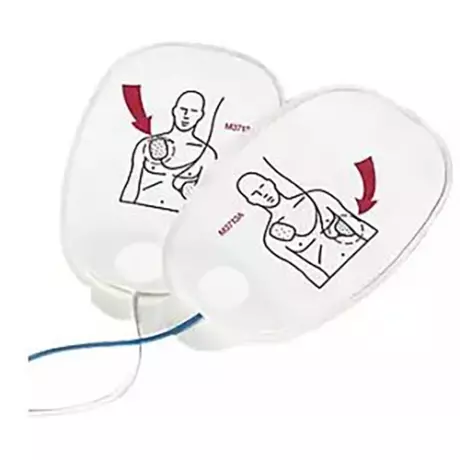
Defibrillation electrodes Original Philips...
Defibrillation electrodes Original Philips M3713A for adults, suitable for: Heartstart XL, XL+ Heart...

Emergency medicine is a medical specialty that treats illnesses and injuries that need immediate care. It is a dynamic field in which physicians continue to learn and develop their skills to treat unscheduled patients of all ages. In addition to a wide variety of conditions, emergency physicians can specialize in pediatrics, internal and critical care, or a combination of these. In many states, there are many different specialties within emergency medicine, including family practice, trauma, and pediatrics.
In the United States, EDs are overused for several reasons, primarily due to patient uninsured status. In addition, the burden of care is often too heavy on emergency department providers, so the physician must provide immediate care. Other ways to limit overutilization include improving patient access and flow, financial disincentives, and improving management of chronic conditions. Furthermore, a transition to value-based care can help contain costs and increase cost-effectiveness.
The specialty of emergency medicine is one of the most dynamic in the country. There are many ways to get into emergency medicine. Students can take an elective course in the specialty during their third or fourth year. This will help them decide whether emergency medicine is for them. It can also help students apply for a residency program or obtain letters of recommendation from practicing doctors. In addition, it will give students a broad exposure to different practice settings, and will allow them to gain insight about the type of emergency medicine practice they want to pursue.
Because patients can come to the emergency room with a wide variety of problems, the role of the emergency physician is vital in the recovery process. Often, doctors are unsure of the exact cause of a patient's symptoms, and therefore are not able to give them a precise diagnosis. Consequently, the practice of emergency medicine is highly varied, and requires a high level of knowledge and skill. If you are interested in becoming an emergency physician, there are a number of different ways to pursue your career.
As an emergency physician, you will need to be able to make rapid decisions in a crisis situation. You will be in charge of a team of medical professionals, and your primary focus will be to treat the patient as quickly as possible. Taking a quick decision can make the difference between a life and death. In an emergency, a doctor's job is to save lives, so they must be quick and effective. You can make the right decision in a matter of seconds.
An emergency medicine specialist is highly trained in emergency care and can make quick decisions. This specialty requires doctors to be adaptable, quick-witted, and able to lead a team of medical professionals. The job requires physicians to be quick and efficient when assessing and treating a patient. This is a challenging area of medicine, and it requires expertise to perform well. However, the benefits of this career are great. This type of specialty is often the most popular choice among all emergency care specialists.
Because emergency care is often the first line of care, it is crucial for doctors to be skilled in this area. They must be able to make fast decisions and lead a team of medical professionals. In addition, the job requires an individual to be a good leader. An emergency medicine specialist must be able to lead a team of medical professionals. This is one reason why it is crucial to understand emergency care. During an emergency, it is important to know how to work in a hospital setting.
In the city, emergency medicine is made up of various providers. They work together to provide high-quality care to patients. In the rural and urban areas, the role of emergency physicians is different. In rural areas, emergency doctors are the only healthcare providers who can provide continuous care. They are the first point of contact for patients and must be available to them for a wide range of emergencies. Regardless of the type of crisis, it is important to find the best provider for an emergency.
An emergency medicine specialist should be able to assess the patient's condition and prescribe treatment. An emergency physician should know how to respond in an emergency. In a rural area, the role of an ambulance provider is limited. Its role in an urban environment is limited. An ambulance can reach a rural community, but is still the best option. In an urban area, it can provide access to the most appropriate care. The services provided by the military medical corps are crucial to local health and public safety.
Become a digital exhibitor yourself in the online portal of the largest and best-known MedTech cluster region in Germany and inform the world of medical technology about your products and services as well as about news, events and career opportunities.
With an attractive online profile, we will help you to present yourself professionally on our portal as well as on Google and on social media.